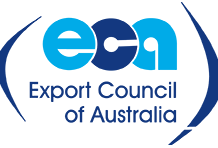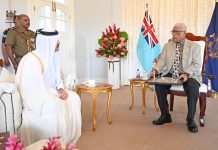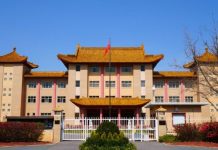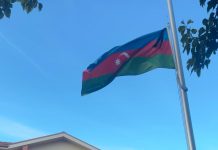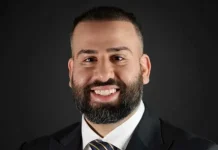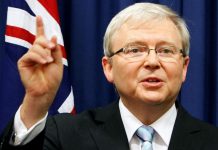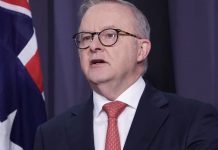The Palestinian Authority has issued a stark warning to the international community, urging nations to reject former U.S. President Donald Trump’s controversial suggestion that the United States should “own” the Gaza Strip and forcibly resettle its civilian population to other countries. Dr. Varsen Aghabekian, the Palestinian Authority’s State Minister for Foreign Affairs, has called on the Australian government to take a firm stand against the proposal, which she described as “extremely dangerous” and a violation of international law.
In an interview with the Australian Broadcasting Corporation’s 7.30 program, Dr. Aghabekian emphasized the need for countries committed to a rules-based global order to unequivocally oppose such statements. “We want Australia and all other countries who are for international law and who want a world order … to stand tall and say that this is not acceptable. You cannot defy international law,” she said.
Trump’s remarks have sparked outrage among Palestinian officials and human rights advocates. The proposal to resettle Gaza’s population—home to over two million Palestinians—has been condemned as a blatant disregard for Palestinian sovereignty and rights. Gaza, a densely populated coastal enclave, has been under a strict Israeli-Egyptian blockade since 2007, following the political takeover by Hamas. The region has faced severe humanitarian crises, including widespread poverty, unemployment, and limited access to essential services.
Dr. Aghabekian highlighted the historical context of Palestinian displacement, noting that the Palestinian people have endured decades of statelessness and refugeehood since the 1948 Arab-Israeli war, known as the Nakba or “catastrophe.” “We’ve been refugees for over seven decades; we will not repeat that,” she said. “We want all countries of the world, including Australia, to very clearly state … that they object to statements of displacement and the negation of Palestinian rights.”
The Palestinian official warned that Trump’s comments could exacerbate tensions in the region and undermine efforts to achieve a sustainable ceasefire following the recent escalation of violence between Israel and Hamas. “It might greenlight the Israelis to continue with whatever they are doing and to breach a ceasefire because they are receiving this big support from the United States,” she said. “We hope not, because our main priority right now is to have a sustainable ceasefire.”
Dr. Aghabekian also rejected any plans for Gaza’s development that exclude its Palestinian population. “We would like Gaza to prosper and to reconstruct Gaza and be part of cities of the world—but with us Palestinians in it,” she said. She criticized Trump’s remarks as reflecting a “supremacist attitude” that dehumanizes Palestinians. “They deal with us as objects, and we’re not objects,” she added.
In addition to condemning Trump’s proposal, Dr. Aghabekian called on the Australian government to formally recognize the State of Palestine—a step the Albanese government has expressed support for but has yet to implement. “I would like Australia to recognize the state of Palestine. It’s time that all freedom-loving countries recognize the state,” she said.
Australia has long advocated for a two-state solution to the Israeli-Palestinian conflict, but its reluctance to formally recognize Palestinian statehood has drawn criticism from advocates of Palestinian rights. Dr. Aghabekian’s appeal underscores the growing pressure on nations to take concrete steps toward supporting Palestinian self-determination and statehood.







